How familiar are you with the term “Data Governance” or DG? If your job duties fall under the world of Cloud Security, data governance is imperative to the success of your security risk efforts. Data governance is an enabling framework of decision rights, responsibilities, and accountabilities for data assets across the enterprise.
Your organization’s value streams and their associated business capabilities require effectively governed data. You may experience elevated operational costs, missed opportunities, eroded stakeholder satisfaction, and exposure to increased business risk without this. Put simply, DG acts as the bridge between accountability and ethics where technological advancements are concerned. With any contemplation for a new security system comes the question of complexity. How involved could the implementation of this process end up? DG is about data being explainable, transparent, and ethical. Below, we have provided a few key steps to take when determining the right DG strategy for your business:
- Align your data governance with enterprise governance, business strategy, and the organizational value streams to ensure the program delivers measurable business value.
- Understand your current data governance capabilities and build out a future state that is right-sized and relevant.
- Define data governance leadership, accountability, and responsibility.
- Ensure DG support by an operating model that effectively manages change and communication and fosters a culture of data excellence.
Implementation Plan
When thinking about your implementation plan, one place to start is to determine the employees who will act as the Leadership Team. Put simply, data governance needs a leader and a home. Once you define who will be leading, driving, and steering the governance plan in your organization, you can achieve business and IT alignment, collaboration, and formally defined roles around data leadership, ownership, and stewardship.
A traditional structure includes committees and roles that span across strategic, tactical, and operational duties. There is no one-size-fits-all DG structure. However, most organizations follow a similar pattern when establishing committees, councils, and cross-functional groups. Most organizations strive to identify roles and responsibilities at a strategic and operational level. Several factors will influence the program’s structure, such as the focus of the DG project and the maturity and size of the organization.
Data Governance Overview
DG is essential for any organization that makes decisions about how it uses its data. Data governance can be executed according to agreed-upon models that describe who can take what actions with information, when, and methods. However, if done correctly, DG is NOT meant to solve all data-related business or IT problems, nor is it an inhibitor or impediment to using and sharing data.
To close, remember that a healthy data culture is key to amplifying the power of your organization’s data. In essence, a data-driven culture demonstrates to your clients and employees that data DOES matter to the company. Therefore, decisions are not made based on gut instinct, but upon concrete data evidence. Data often has untapped potential. A data-driven culture builds tools and skills, builds users’ trust in the condition and data sources, and raises the data skills and understanding among their people on the front lines.

Kristen Burgess is the Marketing Specialist at Alliance of Professionals & Consultants, Inc. She has five years’ experience in curating content for digital platforms, social media contributions, and supporting marketing campaigns and strategies. Before joining the APC wolfpack, she worked in digital marketing for software as a service, giving her keen insight into the types of professionals APC hires today. In addition, she likes to stay up-to-date on the most relevant trends within the technology industry through thought-provoking podcasts and newsletters while paying attention to industry leaders’ trends. In her spare time, she serves on the Management Team and helps craft communications for the Junior League of Durham and Orange Counties.



